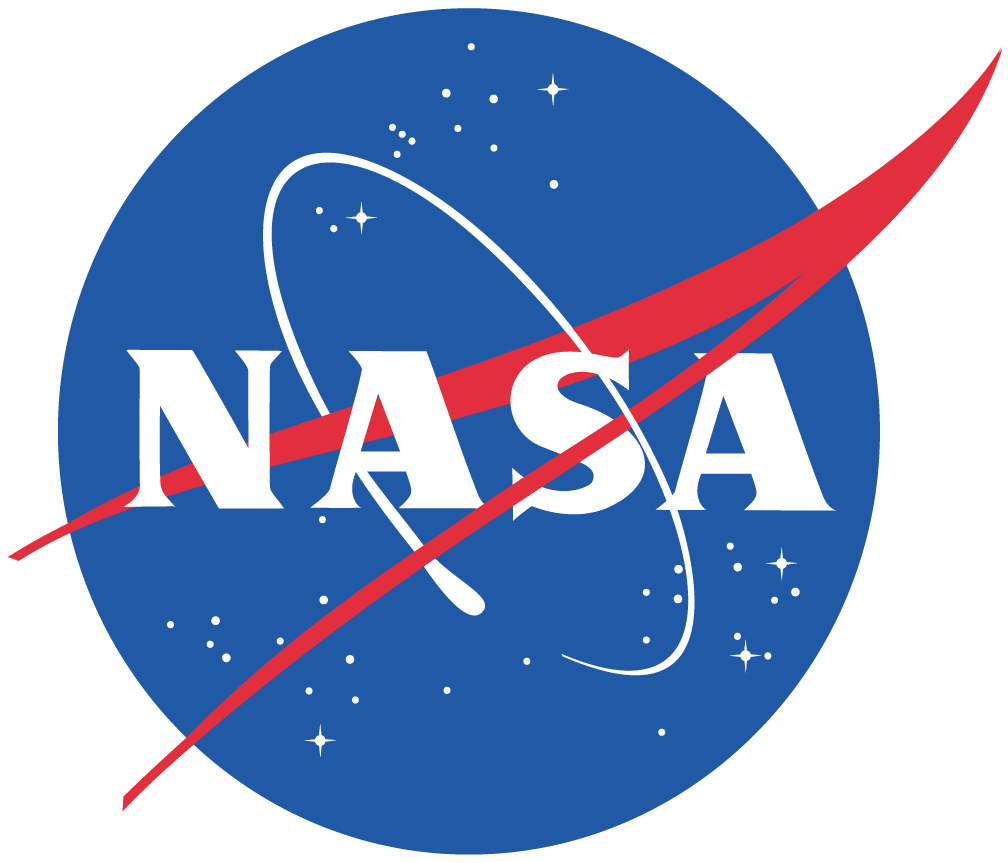NASA turns 50 years old today. On Oct. 1, 1958 the National Advisory Council on Aeronautics (NACA) officially became the National Aeronautics and Space Administration. “It was a relatively easy transition,” said Apollo 11 astronaut Neil Armstrong in a rare public appearance commemorating NASA’s anniversary. “We were already riding on rockets and research aircraft…We had merely to paint over the “C” in NACA and replace it with an “S” on our airplanes, our trucks and vans.” But beyond those cosmetic changes, what has NASA meant to the average citizen, the US and the world?
Because of NASA, Armstrong said, “Our knowledge of the universe around us has increased a thousand fold and more. We learned that Homo sapiens was not forever imprisoned by the gravitational field of Earth. Performance, efficiency, reliability and safety of aircraft have improved remarkably. We’ve sent probes throughout the solar system and beyond. We’ve seen deeply into our universe and looked backward nearly to the beginning of time.”
Armstrong didn’t say the space race of the 1960’s prevented a war between the US and the USSR, but said it was a diversion. “It was intense,” he said. “It did allow both sides to take the high road with the objectives of science and learning and exploration.”
But eventually, the competition became cooperation, and while the current partnership between the US, Russia and 14 other countries who have joined together to create the International Space Station isn’t perfect, it is a platform for continued collaboration between the various entities.
As for how NASA has directly affected the average citizen, there’s a plethora of everyday devices and technologies we take for granted that might not be at our disposal without NASA. There’s a nice list here, and everyone should take a look at NASA’s Spinoff website.
Some say NASA is in a midlife crisis. Some say NASA is out of touch. Some look at NASA and think of what could have been. In a speech at the same gala event where Armstrong spoke, NASA’s own administrator Mike Griffin said, “We’re not, on our 50th anniversary, celebrating the 20th anniversary of the first [human] landing on Mars – and we could have been.”
NASA gets plenty of criticism. Some is deserved; some things are out of the space agency’s control. Some argue NASA needs more funding, some say NASA doesn’t manage the funds they have very well. Nonetheless, current estimates say for every dollar we spend on the space program, the U.S. economy receives about $8 of economic benefit. That’s an excellent rate of return, whether we’re in good economic times or bad.
While not everything about NASA can be measured in monetary terms, NASA is an investment.
Personally, NASA has been in existence my entire life. My sister and I camped out in front of the television set for each moon landing. Even though I was pretty young and didn’t understand everything, I knew the events I was watching unfold were bigger than just two men bouncing around on the Moon’s surface and bigger than the country whose flag was planted in the lunar regolith. This was humanity at its best, and a triumph of the spirit and ingenuity that lies within each of us. But those qualities aren’t only in NASA’s past; they’re here right now, too. I still feel that spirit, ingenuity and excitement when I get to share the latest events of a space mission, or have the opportunity to talk with a NASA engineer who helped with an important mission milestone, or an astronomer who just made an incredible discovery.
“Our highest and most important hope is that the human race will improve its intelligence, its character, and its wisdom,” said Armstrong, as he concluded his speech.
NASA, as well as all the world’s space agencies and organizations, have helped in that effort, and given humanity the opportunity to strive for those qualities.
Happy birthday, NASA, and many more.
Source of quotes for Armstrong and Griffin: New Scientist


We owe alot to Nasa and JPL, we understand our world as well as the others thanks to them, now we need to go boldly forward and get back to the moon and beyond and be the vissionaries and explorers we are and quit being timid. Happy Birthday
happy birthday to NASA.
Would somebody please tell the politicians to do more jaw jaw and less idle threatening and let us explore and grow. There is a whole universe out there.
I would love to see NASA get to 100 with the next 50 years even better than the last.
Happy Birthday NASA…
Happy birthday, NASA!
Albeit not perfect (its main flaw is perhaps being a bit too bureaucratic for the current time, a characteristic it shares with many other 50 year-old institutions, public AND private), NASA has been and still is an inspiration and a pretty good approximation of how space exploration should be.
And now, let’s go for the next 50.
Battered, maligned, unappreciated, and definitely suffering from a lack of support, I for one look to NASA as for the long term hope of humankind – especially in the area of international cooperation. May they join with the ESA, JAXA, RSA, and the Chinese and move on out to the cold and dark!
Until the stars are ours!
Pardon the history lesson but I believe NASA was in fact born on July 29th, 1958. It only began operations on October 1st.
The paperwork was signed on July 29, but the NACA wasn’t changed to NASA officially until Oct. 1.
i (heart) NASA